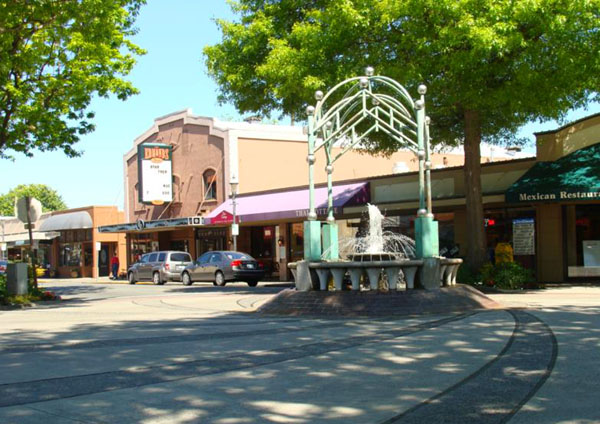S400: Learning From Small Cities

< Downtown Edmonds, WA; image via Rockwell Realty >
Cities come in all sizes. While some in Seattle might call my city only a village, my community of Edmonds is facing many of the same kinds of challenges around urban planning that other communities are facing.
And, while I think Seattle has a leadership role to play for other major cities in the nation, I believe Edmonds should play a leadership role in the suburban crescent when it comes to smart redevelopment.
So, what does that look like in our 120-year-old community, nestled upon Puget Sound with 40,000 residents?
It means we passed a Complete Streets ordinance without any question. It means we’ve changed our development code to incentivize green building strategies in exchange for height. It means we adopted our $20 TBD license fee without any hesitation (and one of the first in the state).
We’re not a liberal community. We’re frugal and practical. If an investment gives a return, we will take it. That explains why we’ve updated our laws to foster platinum LEED (or equivalent) redevelopment in our neighborhoods that need an update. We have one such building now, and we’re recruiting a second. Two would make us the only community of our size with that honor.
Being practical is why we’ve developed a community solar co-op, with panels laid out on one of our public buildings (again, one of the first in the state). That is resulting in cheap power for the city, and a way to unleash citizen dollars to promote energy transformation that faces steep barriers to activism otherwise.
To direct and coordinate our efforts, we’ve developed a Sustainability Element of our Comprehensive Plan, so that everything we do when it comes to our city’s future is measured by its economic, environmental, social, and public health impacts – both on this generation and those to come.
That’s bureaucratic speak for doing something unsexy, but totally badass.
As a Council person in Edmonds, I learn a lot from the leadership of Seattle and other cities. It turns out that education can work both ways.
If the world – or just some of our neighboring cities – came to Edmonds, what they’d learn is that sustainable growth policies, from TODs to TDRs to TBDs, don’t need to be polarizing. If one can set ideology aside, these choices make sense from a practical standpoint.
They should be implemented because they work.
>>>
DJ Wilson sits on the Edmonds City Council and is President of Wilson Strategic Communications, a public affairs firm.

